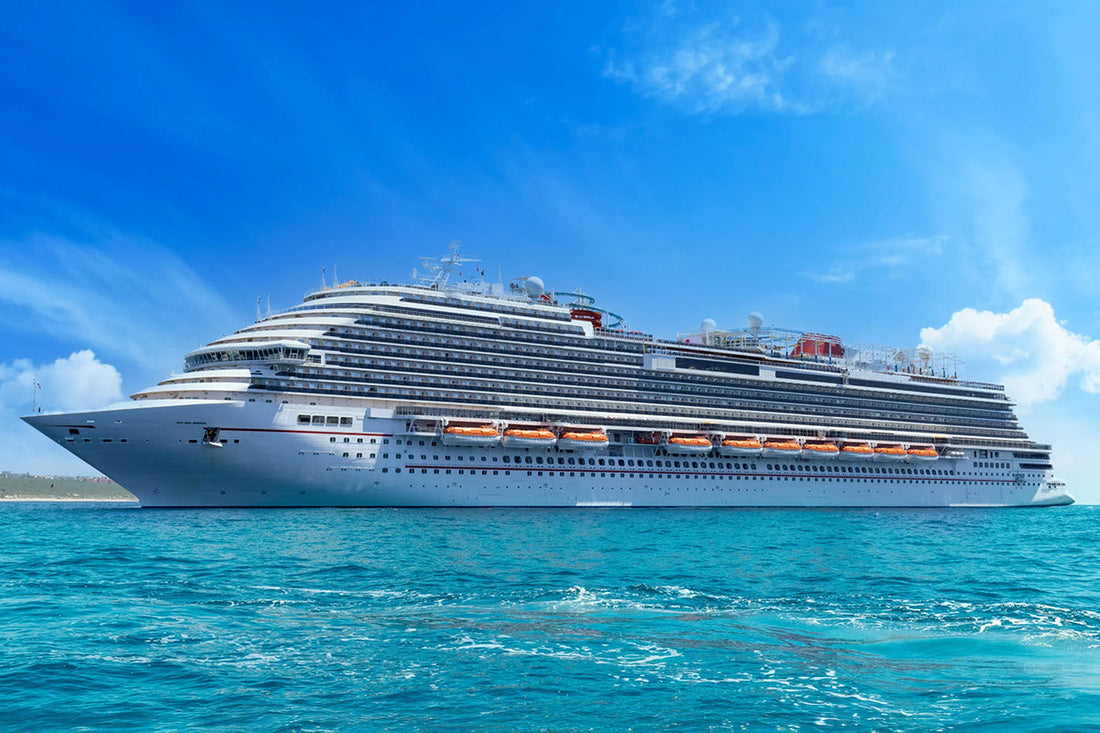
The New Warning Issues From Disney Cruises This Summer
Share
Sunscreen is one of the most essential items to pack when heading out for any summer vacation or cruise. Still, Disney Cruises are taking the sunscreen business seriously by taking a legal stand against toxic chemicals - especially if you’re planning to explore Castaway Cay, Lighthouse Point, or other stops across the Bahamas. There is a growing issue in the sunscreen industry right now that most travelers don’t know about, and it’s putting both consumers and marine life & reefs at risk.
Over the past several months, several major sunscreen companies have found themselves in serious legal trouble. Prosecutors in Santa Clara County, California, recently settled civil lawsuits with Supergoop and Sun Bum over misleading claims that their products were “reef safe.” And now the same legal team is going after Edgewell, the parent company of Banana Boat and Hawaiian Tropic, for falsely advertising their chemical sunscreens as “reef safe”—despite containing avobenzone, a compound structurally similar to oxybenzone, one of the most toxic sunscreen chemicals known to marine science.
But it’s not just the big names. Dozens of smaller contract manufacturers, especially in Florida, are pushing products labeled as “reef safe” or “reef safer” without any real scientific backing, verification, or ethical transparency. It’s not enough to look at the front of the label. We need to look beyond just the ingredient list at the integrity of the companies and owners behind these claims.
As someone who works in both advocacy, beauty & lifestyle, I can tell you this: you can’t separate the product from the people who make it. Greenwashing is rampant in the beauty and wellness industries, and sunscreen is one of the worst offenders. Just because a label says “reef safe” doesn’t mean it actually is or the formulator behind has the same ethics in how they make and for whom.
So, what can you do?
- Educate yourself. Not all sunscreens are created equal.
- Avoid chemical UV filters like oxybenzone, octinoxate, avobenzone, and octocrylene—these are the most widely linked to coral damage and marine toxicity.
- Look for 100% mineral-based options with non-nano zinc oxide or titanium dioxide only.
- Support brands with transparency—those trusted by the community, its customers, partners, conservation groups and the industry as a whole
The lawsuits are a wake-up call. The term “reef safe” isn’t regulated, and brands are being held accountable for making false environmental claims. Until there’s stronger oversight, it’s up to us to be conscious consumers.
If you’re headed on a cruise this summer, do your part. Protect your skin—but protect the ocean too. Because those turquoise waters you’re swimming in? They’re more fragile than they look.
Sun Responsibly,

Sarah Miller, CEO & Founder, EthoSun